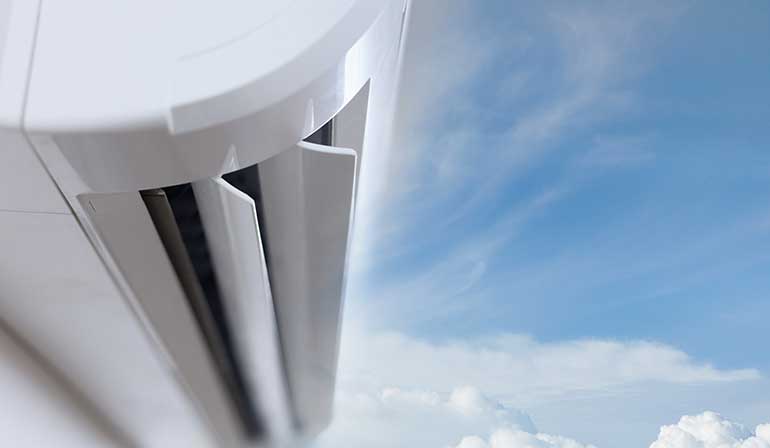Researchers use latent heat to generate electricity
13th August 2023
JAPAN: Researchers at the University of Tokyo claim to have generated electricity from latent heat, an achievement which, it is said, advances the possibilities of thermoelectric conversion and thermocells.
With this technology, currently wasted latent heat could instead be used to enable devices to create their own energy while cooling themselves down, reducing the reliance on other energy sources.
The University of Tokyo team created its own thermocell using a hydrogel — a water-rich polymer material — called PNIPAM, which they modified with a compound called viologen. This modified hydrogel contained a thermo-responsive polymer, meaning that the polymer reacted to temperature change, in this case being soluble in cool water but insoluble in hot water. With this thermocell, they were successfully able to use the very small amount of latent heat energy generated by the phase transition — between soluble and insoluble — to create electricity.
“For the first time, we’ve confirmed that latent heat has the potential to be used for thermoelectric conversion,” said Professor Teppei Yamada from the Department of Chemistry at the University of Tokyo’s Graduate School of Science. “We believe we can use various kinds of materials for thermocells. With this method, in principle, it is possible to extract electrical energy from even the slightest temperature difference, greatly increasing the number of situations in which thermoelectric conversion can be used.”
The performance of a thermocell is assessed by how much voltage can be generated from a small temperature difference, which is called the Seebeck coefficient. The higher the Seebeck coefficient, the more electrical energy can be extracted. The Seebeck coefficient of thermocells using organic compounds is usually less than 1µV (one-millionth of a volt) per kelvin unit of temperature, but in this test they exceeded 2µV/K. “This is a remarkable achievement,” said Yamada. “Although we have previously created thermocells which produce 2µV/K by using a change in pH, this is the first time that the energy from a phase transition was directly used.”
The researchers hope that this work will help to improve refrigeration technology, temperature management devices and other technology like temperature sensors. “We have already reached the stage where we can consider practical applications of thermocells. For example, we expect it would be possible to generate electricity while cooling a server room or the engine of a car,” said Yamada. “The real challenge now is that this technology is not well known, so we need industry, government and academia to work together to achieve rapid social implementation.”
The researchers work and findings are contained in a recently published paper.







